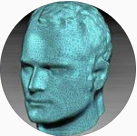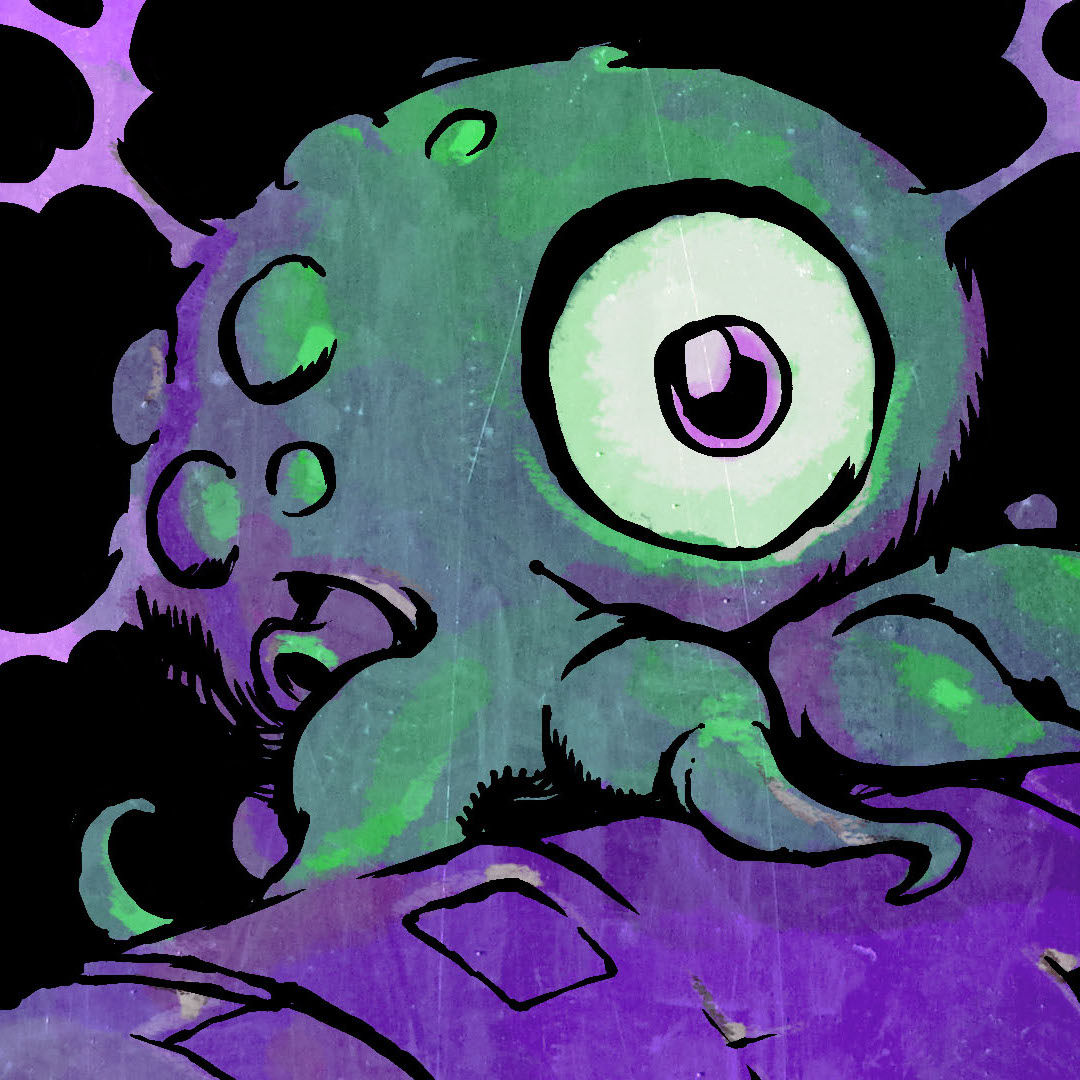- cross-posted to:
- science@lemmy.world
- cross-posted to:
- science@lemmy.world
A student, as part of a contest, used a machine-learning algorithm and CT scans to analyse on closed scrolls, buried by Mount Vesuvius in October AD 79. The breakthrough could unlock the contents of hundreds of never-before-seen writings.
“Epstein didn’t kill himself”
Sooo… how can they verify that it is reading it correctly…?
We can see how it makes the translation and verify that it’s making accurate judgements based on the data it’s being fed. We can check the AI against controls too, other scrolls that we know what they say already and feed it data on them until it gets very accurate on those ones. Then apply that model to these unknown scrolls.
Note that the AI discussed in the article wasn’t translating anything. It was determining what was written in the original language by using scans of sections of the scroll, taking into account patterns (the “crackle”), differences in texture, etc., that hadn’t been leveraged in this way before.
Otherwise you’re spot on - it was trained on other similar scans that exhibited those patterns where the written text was already known.
Thanks to you and the next person for the extra detail.
We already know the language that’s not what they are saying, this is reading the inside the rolled up scroll that’s too fragile to unroll so we don’t know what was in there
I want an AI based translation of allthe Dead Sea Scrolls as long as we can remove the bias from the training data. Bonus points of it can additionally qualify reasoning for translations. So we can error check.
I want an AI based translation of all the Dead Sea Scrolls as long as we can remove the bias from the training data.
Emphasis mine. So then you don’t want an AI based translation of all the Dead Sea Scrolls?
i dont want the translation to be informed by the human understanding of the significance of the content, nor the subjective expectations of what a holy scripture would intent to say, based on a personal understanding of faith.
i dont think this should be controversial.
Reality is biased.
All the Dead Sea Scrolls that we know of. I am about 90% sure we have them all, 10% that the Vatican has a text fragments or two that they are sitting on.
It shouldn’t take 40-45 years to take a few photographs and any translation difficulties would be better solved by the community vs individual professors.
I don’t see the point, I’ve never seen an AI that can translate better than a human
That doesn’t mean one doesn’t exist. Think of how far video transcription has come in the last decade. AI will absolutely surpass human ability to quickly and very accurately translate text.
AI is waaaay better for English to Chinese translation, I can tell you that from experience in my personal life.
There’s a lot of nuance to translation, especially for languages with completely different structures.
Not seeing the point of everything you’ve never seen is a good way to get poked in the eyes my friend.
Regardless of capability a human will have a bias. So maybe have multiple humans of varying beliefs and then have the AI train to remove the bias?
AI might also have a bias depending on its training data.
Can AIs summon demons?







